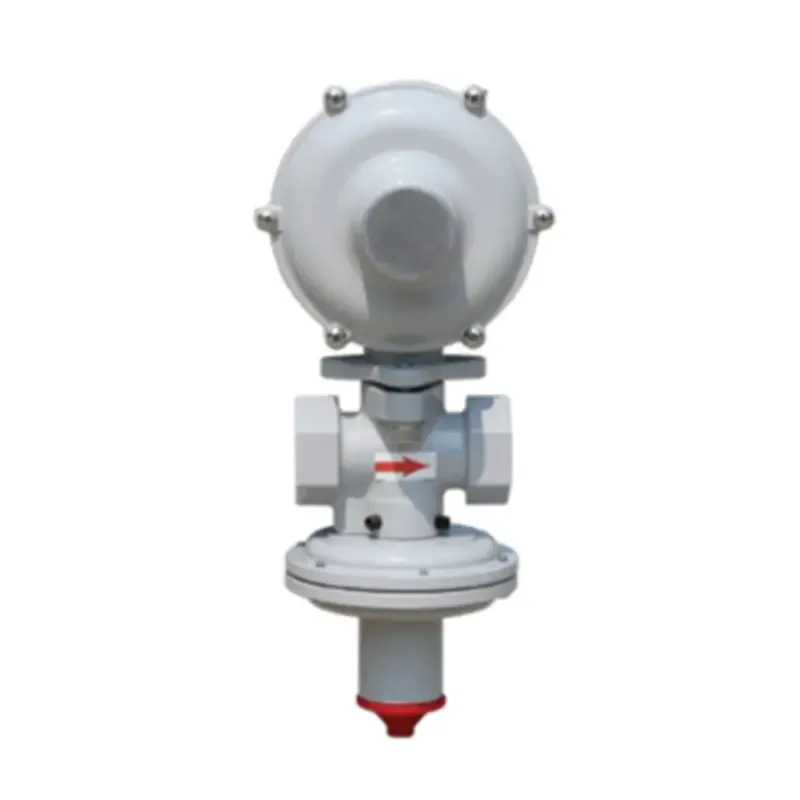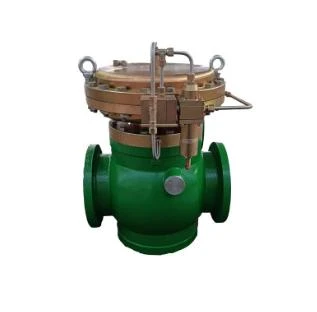
Jun . 05, 2025 21:36
Back to list
Natural Gas Condensate Filter Solutions - Protect Equipment!

(مرشح التكثيف)
Understanding Industrial Condensate Filtration Systems
The efficient operation of industrial gas systems demands specialized filtration technology. Condensate filtration solutions serve as critical barriers against harmful impurities throughout energy transportation networks. As gas flows through pipelines, temperature fluctuations naturally generate liquid droplets containing moisture and hydrocarbon residues. These byproducts cause corrosion, pressure drops, and equipment damage without proper filtration. Modern condensate filters utilize multilayer filtration media to achieve particulate removal down to 0.3 microns while handling pressures exceeding 145 PSI. According to industry maintenance records, plants without adequate filtration experience 38% more unplanned downtime annually.
Technical Advantages Driving System Performance
Advanced gas filter technology delivers measurable improvements through three core innovations: centrifugal separation chambers efficiently extract liquid aerosols before primary filtration occurs, reducing particulate load by 60%. Sintered metal filtration layers provide consistent micron-level separation that remains effective under varying flow conditions. Automatic drain valves eliminate manual maintenance tasks while preventing secondary contamination. Third-party testing confirms these systems achieve 99.98% filtration efficiency at flow rates up to 3,500 m³/h. Field studies across pipeline networks demonstrate 42% longer compressor lifespans and 27% reduced maintenance costs when optimized condensate filtration is implemented.
Manufacturer Performance Comparison
| Specification | Standard Filter | Premium Industrial | High-Pressure Model |
|---|---|---|---|
| Maximum Pressure | 125 PSI | 232 PSI | 362 PSI |
| Filtration Efficiency | 95% @ 5μm | 99.98% @ 0.3μm | 99.99% @ 0.1μm |
| Flow Capacity | 800 m³/h | 3,200 m³/h | 5,500 m³/h |
| Service Life | 8-12 months | 24-36 months | 48-60 months |
Custom Engineering for Complex Applications
Industrial environments require specialized filtration approaches based on unique operational conditions. Arctic pipeline systems need integrated heating elements to prevent filter media freezing at -50°C temperatures. Offshore platforms utilize corrosion-resistant titanium housings capable of withstanding saltwater exposure. Petrochemical processing facilities implement explosion-proof housings rated for Zone 1 hazardous areas. System designers typically account for seven key parameters during customization:
- Gas composition analysis (methane content/contaminant profile)
- Pressure fluctuation ranges during peak operations
- Ambient temperature extremes and thermal cycling
- Available maintenance windows and accessibility
- Downstream equipment sensitivity and protection requirements
- Flow regime characteristics including turbulence levels
- Regulatory compliance specifications for emissions control
Real-World Operational Case Studies
A compressor station in Permian Basin reduced unscheduled downtime by 83% after upgrading to high-efficiency condensate filters. Sensor data revealed significant reductions in particulate counts at measurement points downstream of filtration units:
- Pre-upgrade: Average 12,500 ppm particulate concentration
- Post-installation: Consistent readings below 350 ppm
In Qatar's North Field gas processing facility, customized multi-stage filtration extended turbine maintenance intervals from 8,000 to 24,000 operational hours. The integrated solution combined high-capacity particulate removal with activated carbon layers for amine contamination control.
Maintenance Protocols Ensuring Peak Performance
Proactive maintenance strategies prevent filter performance degradation. Automated monitoring systems track differential pressure across filter elements, signaling replacements when pressure drop exceeds 10 PSI over baseline. Annual integrity testing should verify housing integrity through hydrostatic pressure tests at 150% operating conditions. Maintenance logs from 17 North American facilities demonstrate proper servicing increases mean time between failures from 4.7 to 12.3 years.
Optimizing Operations Through Advanced Filtration
Modern condensate filter technology delivers transformative results across energy infrastructure. Facilities implementing these solutions report 19% average reductions in operational expenditure and significant improvements in system reliability metrics. The operational data clearly indicates that strategic investment in filtration infrastructure directly enhances asset protection while decreasing maintenance burdens – critical factors in increasingly competitive energy markets.

(مرشح التكثيف)
FAQS on مرشح التكثيف
Frequently Asked Questions
Q: What is a condensate filter?
A: A condensate filter removes moisture and impurities from compressed air or gas systems to prevent equipment damage.Q: Why use a condensate filter in gas systems?
A: It protects against corrosion and blockages by trapping water droplets and particles, ensuring reliable operation.Q: What is the function of a gas filter?
A: Gas filters purify gases by capturing contaminants like dust and oil, maintaining system efficiency and safety.Q: How do natural gas filters enhance safety?
A: They remove solids and moisture from natural gas streams to prevent fire risks and ensure clean combustion.Q: When should gas filters be maintained?
A: Inspect and clean or replace them regularly, usually every 3-6 months, depending on usage conditions.Latest news
-
What Role Do Pressure Reducers Play in Industrial Systems?NewsJun.12,2025
-
What Role Do Gas Valves Play in Industrial Safety and Functionality?NewsJun.12,2025
-
Key Components in Energy Management and Temperature ControlNewsJun.12,2025
-
Integral Components in Mechanical and Energy SystemsNewsJun.12,2025
-
How Do Industrial Valves and Filters Ensure System Safety and Efficiency?NewsJun.12,2025
-
Essential Components for Industrial Fluid Management: Valves and SystemsNewsJun.12,2025

